Berlin Is Just Trying To Fuck You
Leandro Goddinho and Paulo Menezes on Paradise Europe
Now nominated for the New Critics & New Audiences Award 2024, the Brazilian-German directing duo talks about the misconceptions of Berlin, and its gay scene.
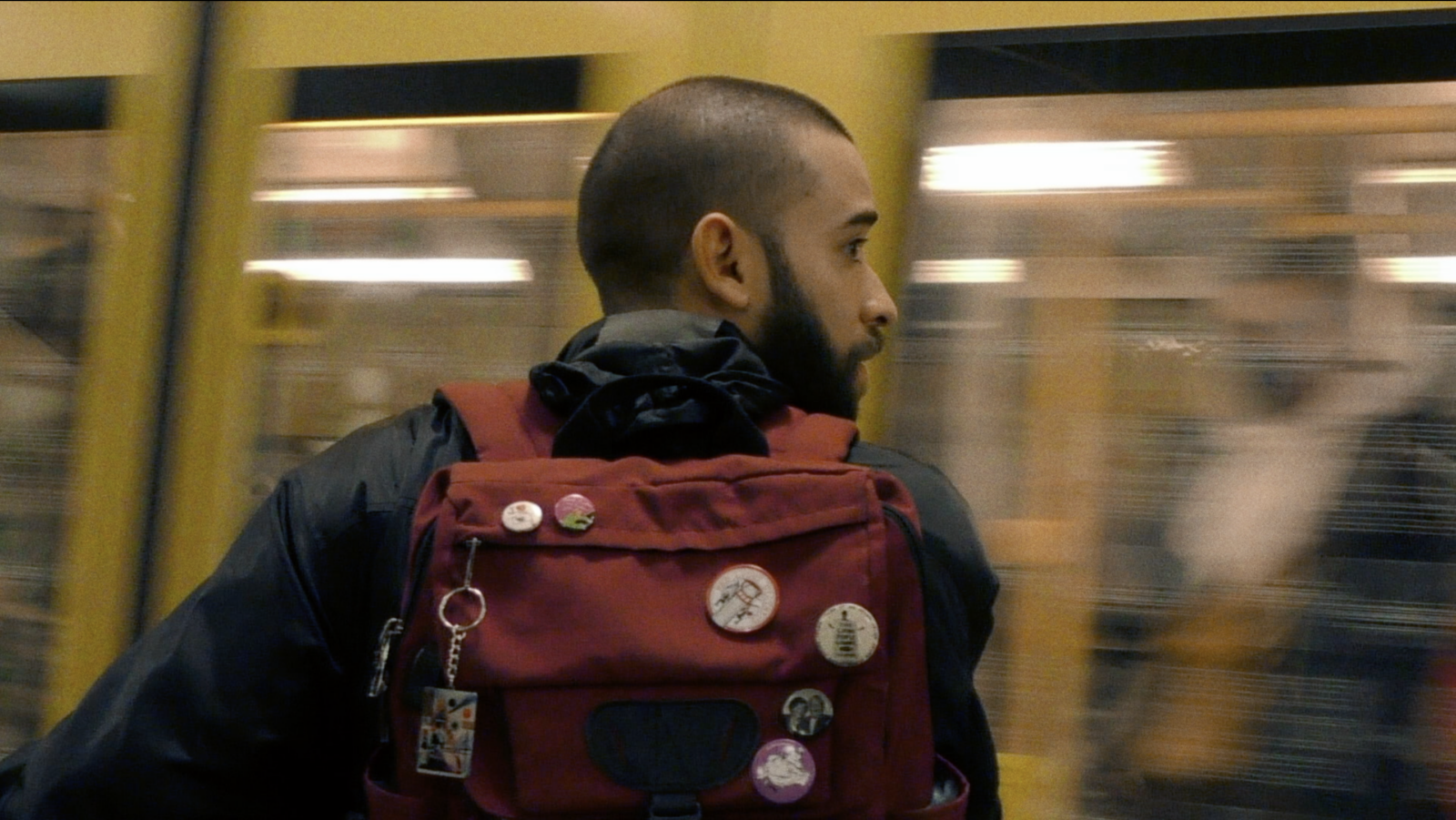
Berlin is just trying to fuck you—both literally and not. Gritty, raw, low-budget, and a tad cheeky, Locarno Silver Pardi di Domani winner Paradise Europe could be like a 2023 variant of Cinema of Transgression—a ‘dirty’ film for a dirty reality. As Edu, a Brazilian immigrant, navigates the dysfunctionalities of the German capital and struggles to find a new apartment after being kicked out, filmmakers Leandro Goddinho and Paulo Menezes examine the micro and the macro aggressions that are at play in what is supposed to be one of Europe’s most progressive milieus. Both an exposé on precarity and a tragicomedy critiquing the expectations queer men face in a hyper-sexual city, it’s almost as if the camera is always asking: “Are you all seeing this?!”
Paradise Europe—or Du bist so wunderbar in German, an ironic reference to a slogan-like song for the city—weaves together elements from the directors’ own experiences as gay Brazilian artists living in Berlin with other true stories from their Latino and queer friends. From the casual racism embedded within stereotypical compliments to zealot vegans telling Edu he doesn’t really look gay, to documentary footage from a protest against unaffordable rents, Berlin presents itself as a more than unfriendly city, especially to outsiders and the vulnerable.
The film builds on the German capital’s fame as a sex haven and as the cool city in Europe, only to underline that, sometimes, the inclusivity that it prides itself on has its limits. “Both Berlin itself and people in general, they put it on this pedestal of being very, very liberal,” says Menezes, commenting on the city’s mythical status. “In fact, it’s not any better a city just because you have a sex club on every single corner. All it takes for you is to get out of your bubble, go to the post office, and try to deal with someone there,” he jokes bitterly. “When you live in this bubble of artists, queer people, filmmakers, and leftists, it’s easy to assume that people are progressive,” adds Goddinho. “Later on, when it comes to daily interactions and the more minor things in life, people sometimes forget the main point of their ideologies.” The director suggests that there is much prejudice within the LGBTQIA+ community as well, referring to the comments made about Edu in the narrative and the “fetishisation of Latino men and the expectations that gay men have about us.” That is also a kind of aggression, he says. “But people don’t see it in this way because they are protected by this progressive bubble and this progressive mask that they use.”
Menezes weighs in further, lamenting that “everything is very performative” in the city. “The kinking scene, the gay scene, everyone comes with a perspective on what Berlin should look like and how you should behave. People arrive here on a Friday, and from Saturday onwards, they change their wardrobe and they’re wearing black all week. People try to fit into these roles. After a while, I think people lose themselves; it becomes a parody, and they stop seeing the real humans behind the masks. That travels throughout society,” he remarks on this performative dimension being present even in the most basic human interactions.
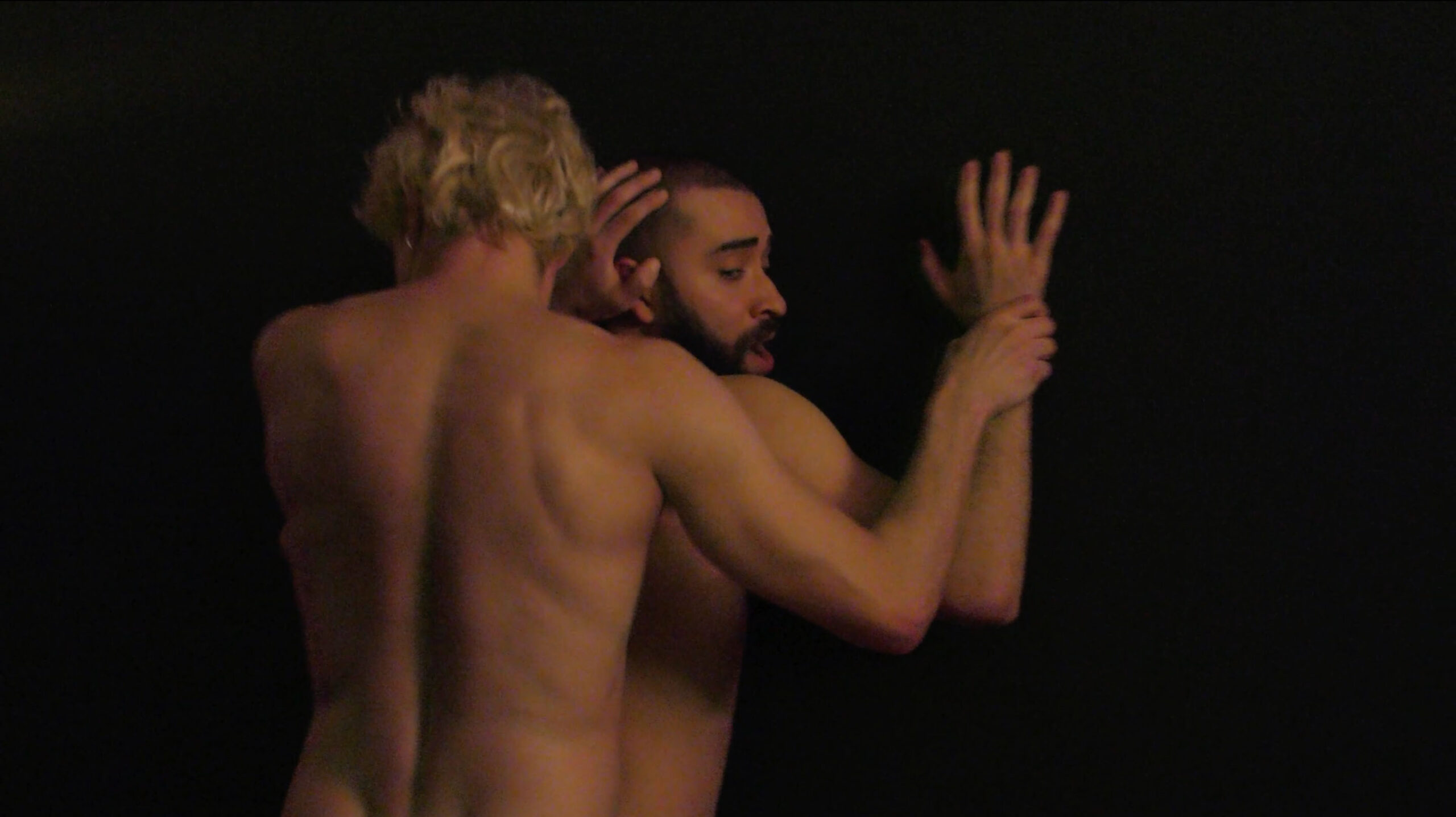
Paradise Europe
To a prudish viewer, Paradise Europe may also seem quite visceral, with a full-on sex scene erupting when you least expect it. The directors explain that what they wanted to represent were the expectations gravitating around gay sex, especially in a metropolis like Berlin, where sex culture can be quite exacerbated. “I feel that not only in Berlin but in the gay community in general, there is a grind culture and a cruising culture [that puts emphasis on sex]. However, in Berlin, you can see it in a more open or massive way,” notes Goddinho. The previous film they worked together on, It Is Not the Brazilian Homosexuals Who Are Perverse, But the Situation in Which They Live (2021), also made a point about nakedness and queer bodies. In part, Paradise Europe is a continuation of that endeavour, both in an autobiographical dimension and in terms of thinking about nudity in less sexual terms.
“I think the sex scene in this film works as a metaphor for something else,” elaborates Goddinho. “We didn’t want to have a sex scene where the audience would feel comfortable watching it. With Edu and the blonde guy, the idea is that the character is still suffering from a kind of violence—not a sexual one, this [act] is, very importantly, consensual—but he is still facing the same type of aggression he had the entire day, even in a moment that was supposed to be… fun.” The climax, jokes the director, is like the climax of a horrible day, a cumulation of all the hardships Edu encounters. Goddinho also stresses it’s important that the two men in the aforementioned scene belong to the same community, which saddens Edu, who was expecting a bit more warmth from someone supposedly like him.
Menezes comments on the necessity to depict a community from various angles and to show how people can be very different despite having things in common, like a sexual identity. “We’ve had people say we are kink-shaming. They’ll say, why is it so bad that there are two guys drinking piss at the end of the film? This is not what Berlin is about. But not every gay, just because they live in Berlin, might be okay with that.” The scene in the film is not meant to critique any sexual behaviour but is simply added to Edu’s awful day. Other things come in for critique, Menezes implies, like how the aforementioned vegan girl suddenly changes heart and shows more interest in Edu when he acts more stereotypically gay. “There’s the idea that gays have to be funny all the time, or some women, like this girl, desperately want a gay best friend.” He also points out how, sadly, you sometimes have to perform stereotypes to be accepted or simply survive. “We do play with these situations,” he states, going back to the difference between theory and practice, “because people are open-minded, but not that much until you turn the second page, let’s say.”
When it comes to audience expectations in terms of representing a community on screen, Menezes remarks that we live in a time when people want cinema to be a school of morality. “As filmmakers, we are supposed to be the teachers of good morals and teach a lesson with our films. But I’m not here to teach anything. I’m here to reveal the good, the bad, the beautiful, and the ugly. And I think the audience can see that and then take what they want from it.”
Despite specific details, like Edu’s struggle with the German healthcare system and his desperate attempts to see a doctor, Goddinho says the film also aims to deconstruct a certain glamorous idea of Europe itself. They wanted to show the raw and less seen but perhaps truer side of Berlin, which is not the image Brazilians may be used to seeing about Europe.“They see Paris and Champs-Élysées and the great avenues. People, especially in Brazil, have the idea that Europe is a paradise,” he adds, an expectation that also plays into the complexities of the so-called immigrant dream. “Paolo and I are struggling to live here, but our friends believe that, because this is Europe, we are leading an amazing and fancy life. And you can’t complain because people think that you are very privileged. You go to one of the most famous film schools in the world. You live in such a cool city. What are you talking about?”
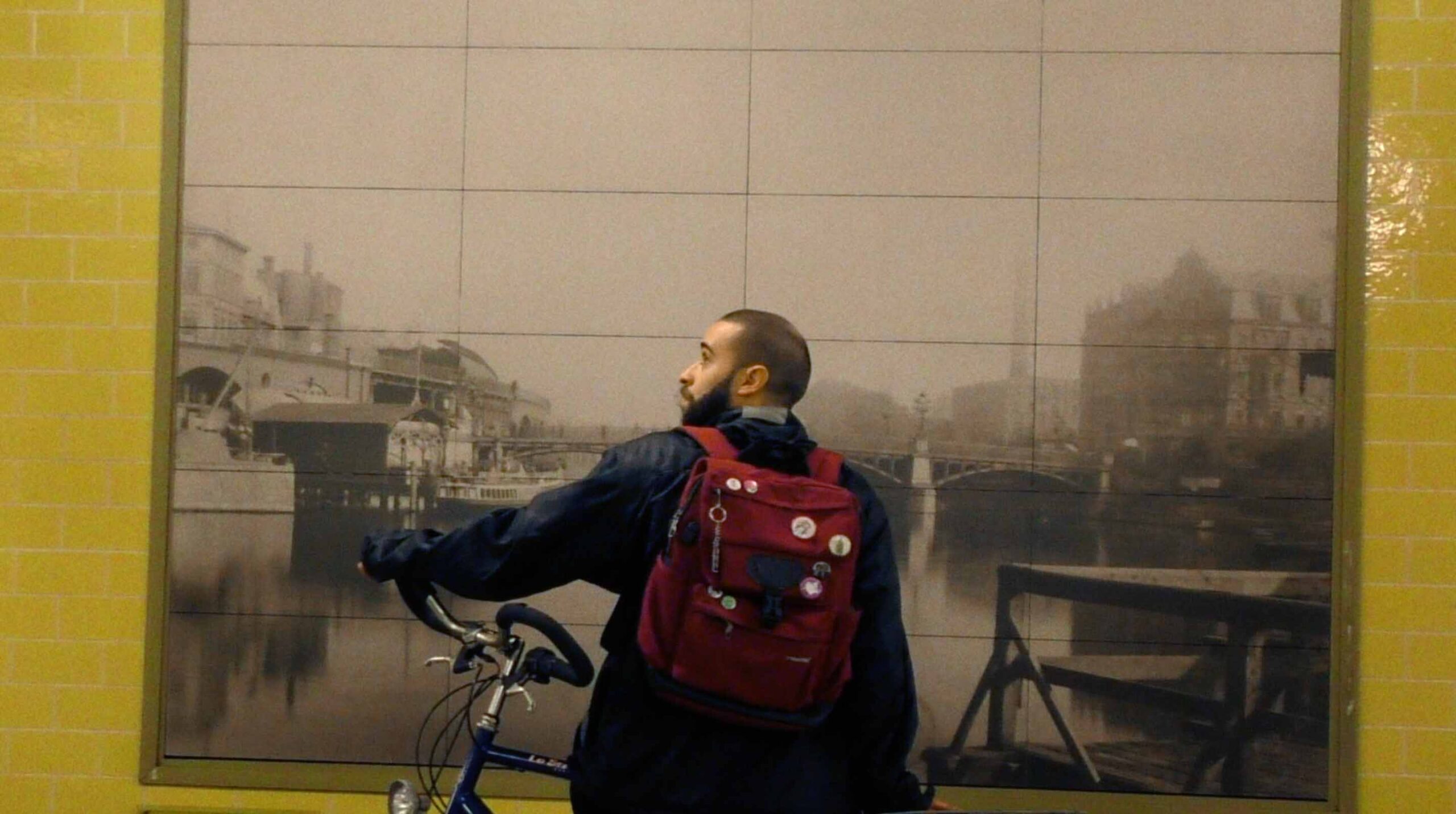
Paradise Europe
Yet a link to the Brazilian homeland is maintained throughout the film, with a second tragic story kept off-screen and at a remove. Edu’s voice notes and messages to his mother act like small diaristic entries telling of an inner struggle, as much as a father fighting for his life in the hospital. The exchange is fragmentary, and much like Edu, the viewer learns only incomplete parts of this story, all seemingly too late. Goddinho points out how the prevalence of voice messages is such a specific part of Brazilian culture, while Menezes elaborates that the heartbreaking situation was based on his own life, with the film initially being supposed to be named The Day My Father Died. He adds: “I wanted to bring to the film this situation where you are part of a diaspora, but also trying to have an actual presence and a relationship with people back home.” Anchoring the story through a lived experience they both knew and understood was vital for the film.
The desire to show an ugly world, or rather to show the world as it is, was also a core aesthetic principle for the filmmakers, leading them to adopt an amateur-like visual style and a shaky, low-quality camera. “This is how we see the city and how the city is presented to us, as well.” Although when it comes to no additional lighting, minimal props, and real locations, Dogma 95 would be a reference to many, the pair claim another artistic heritage: “Way before Dogma, in the sixties, we had the Third Cinema movement in Latin America, which nurtured a certain type of low-budget cinema that produces powerful stories,” says Goddinho, saddened that it’s a topic less known to European audiences because film history tends to be so Western-centric.
Menezes suggests their film is also a statement, particularly with regard to a widespread demand for films to live up to a certain quality standard or to look a certain way. “We are so bombarded with visuals these days,” he remarks. “But the festivals, too, have some kind of responsibility in this. We can see with our films that they don’t travel to many festivals because festivals want those ‘really good films’. People might prefer the films which had thousands of euros in production,” he concludes, hinting that even low-budget films need money and that he hopes that everyone would be paid fairly. Goddinho, who is also teaching young filmmakers, says that even his students are obsessed with making “beautiful films”. “The quality of the camera is so important for them, and they want everything to be perfect.” But this duo didn’t want beautiful images for Paradise Europe: “We’re not going for the beautiful, in the quality of the image or otherwise. There is no poetry in this story. A good camera may have simply romanticised the precarity and roughness of Edu’s life.”
Paradise Europe is ultimately a tale about selfishness. “Perhaps because of social media, people are getting more and more self-centred. So are most of the characters in the film.” In the midst of all these unkind and selfish figures their main character meets along the way, Goddihno and Menezes wanted Edu to be lost and passive, concurring the jungle-like state of the world around him.
“It’s about the audience,” concludes Goddinho, underlining that he wishes the film to be like a mirror to the viewer. It wouldn’t hurt if we all just acted a bit more in the common interest. “It’s about those characters that are surrounding the protagonist. It’s about the city. That’s why the character is looking at the camera in the end, because the film is, ultimately, not about him.”
Leandro Goddinho and Paulo Menezes have a talent for finding humour in misery, but the aftertaste stings. Paradsie Europe is powerful and hard-hitting, a wake-up call that highlights imbalance within a geographical space that uses tolerance as a fancy keyword.
Paradise Europe was nominated for the New Critics & New Audiences Award at Vilnius International Short Film Festival by Emel-Elizabeth Tuulik, Monika Navickaitė, Marina Zigneli, Olivia Popp, Korée Wilrycx and Jan Tracz, the participants of the European Workshop for Film Criticism #3.
All six nominated films are available to watch from February 7 to 21, 2024. Create an account to vote for your favourite film. The winner receives a cash prize of €1000,-. Participants can win a one-year subscription to This Is Short, the European streaming platform for short films.
New Critics & New Audiences Award is a project by the European Network for Film Discourse (The END), hosted by Talking Shorts, and funded by the Creative Europe MEDIA Programme. With the support of This Is Short.


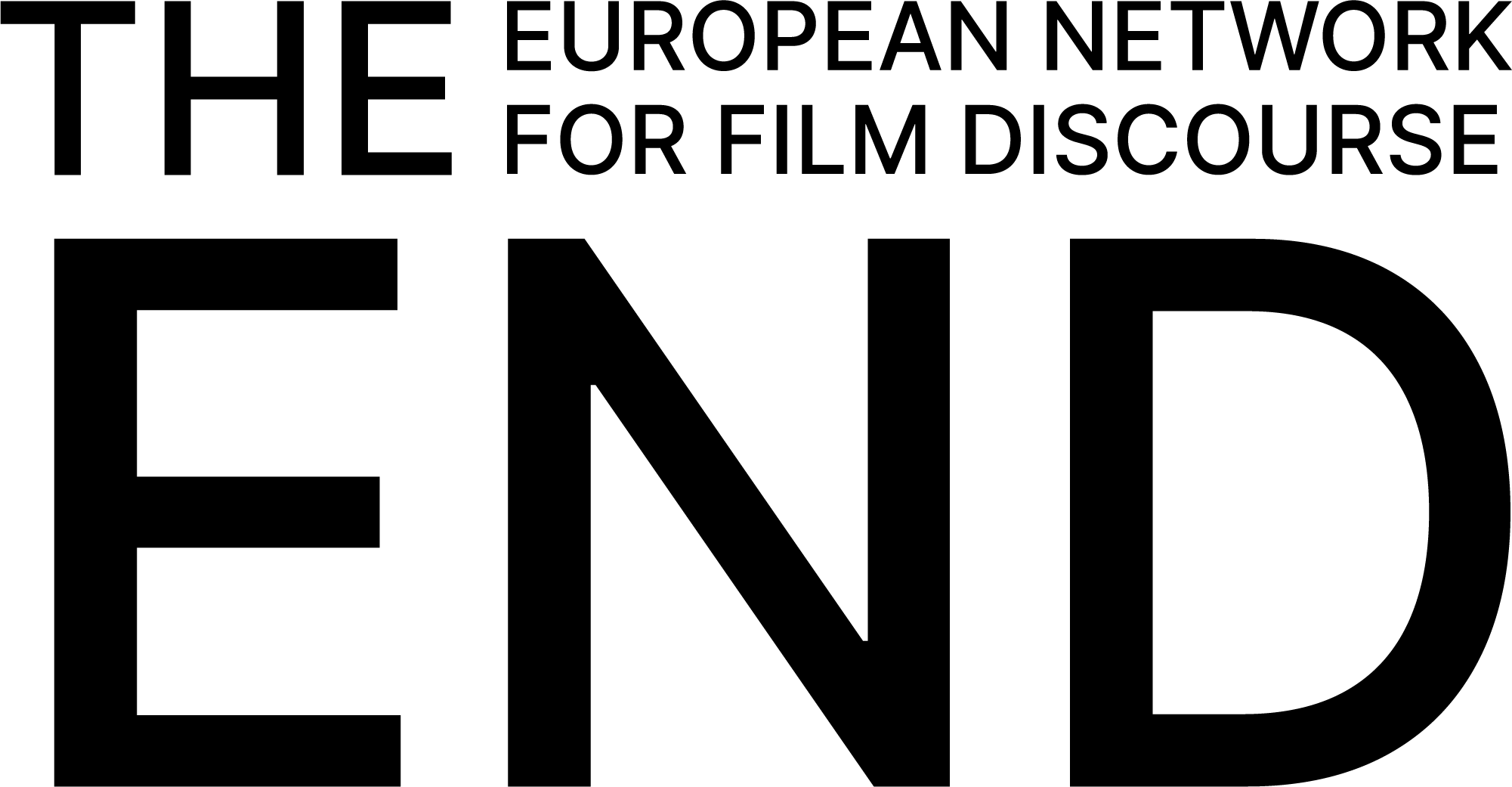



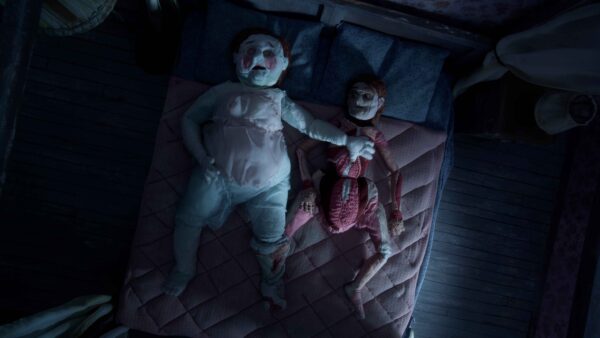
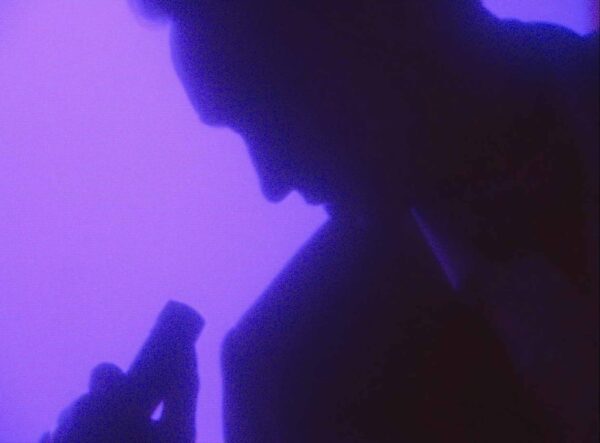

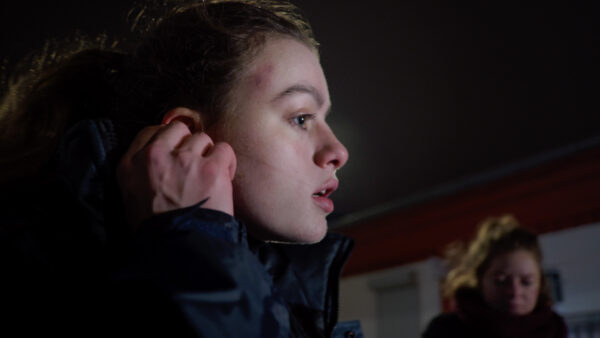
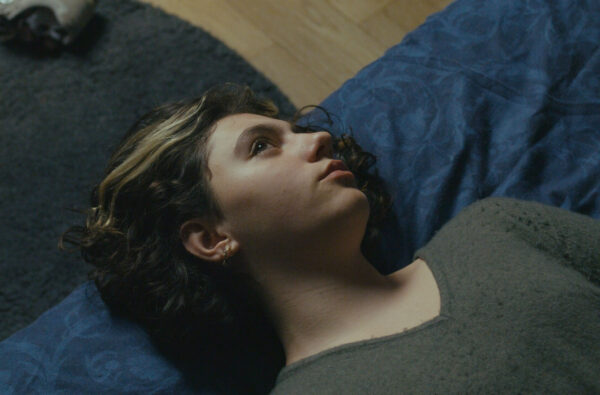

There are no comments yet, be the first!